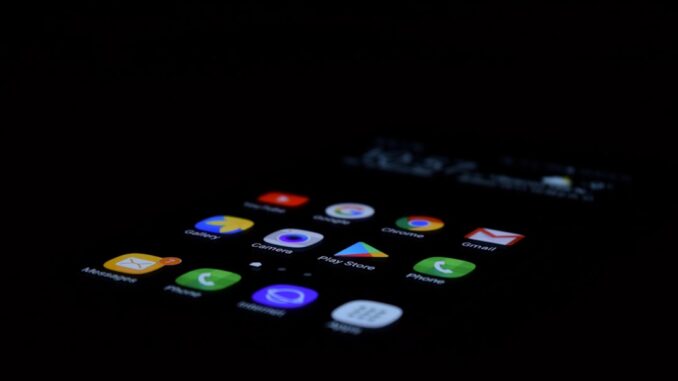
Summary
Google enhances Android’s cloud backup security by encrypting backups with users’ lock screen passwords. This added layer of security prevents unauthorized access, even from Google, increasing user privacy. Users can restore backups seamlessly on new devices with their lock screen password.
** Main Story**
So, Google’s given the Android Backup Service a serious security boost, and I think it’s a pretty big deal. What they’ve done is encrypt all the backed-up data that’s chilling on their cloud servers. And the kicker? They’re using your lock screen password to do it. I mean, it’s about time, right? This whole thing is really about beefing up your privacy and making sure nobody gets in where they shouldn’t, not even Google themselves.
Encryption: A Closer Look
Let’s break down how this new encryption actually works. First, your Android phone whips up a random secret key – something that Google doesn’t even know about. Clever, huh?
Then, that secret key gets scrambled up, using your lock screen PIN, pattern, or password. Think of it like putting a lock on a lock. Now, this encrypted key gets zapped over to a Titan security chip on Google’s servers. Why a Titan chip? Well, it acts like Fort Knox for digital secrets, protecting that decryption key from, well, pretty much everything.
- Basically, you can’t unlock your backup data without your lock screen passcode being okayed by that Titan chip. It’s like having a bouncer at the door of your data.
- And the really reassuring part? Even Google can’t get into your backed-up stuff without your say-so, which, let’s be honest, is how it should be. I remember once losing a phone and the sheer panic of wondering if my data was safe. This would have given me so much peace of mind back then.
Is It Really Secure? The Audit
To be sure that this new setup was as solid as they claimed, Google had NCC Group, a big name in cybersecurity, take a look. They gave it a thorough check-up, and while they found a few tiny things to tweak, it generally got a clean bill of health. So you can rest assured Google are really committed to your data’s security, after all it’s what keeps us all using their products.
Now, Google hasn’t exactly spelled out which phones are getting this security upgrade, but my guess? It’s probably going to be phones running Android 9 Pie and newer, since those versions already have the groundwork needed for this type of encryption. I’d advise checking your phones security settings to make sure you have everything up-to-date, doing so is a great habit to get into anyway.
What’s the Payoff?
So, what do you actually get out of all this extra security? Well, a few key things:
- Supercharged Privacy: Your data’s locked up tight with a key that comes from your lock screen password. Basically, only you get to see it.
- Fort Knox Protection: Even if, somehow, someone managed to crack into Google’s servers, your backups are still safe. Your password’s the only key that works.
- Hassle-Free Restores: Getting your stuff back on a new phone or after a factory reset? Still easy as pie – just use your lock screen password. It’s seamless, even with all that extra security in place.
Overall, this feels like a solid move by Google to up their game on privacy and security. And frankly, it’s about time we saw more of this, isn’t it? With data breaches and privacy worries popping up all the time, having this extra layer of protection is a welcome change. I mean, who wants to think their personal info is just floating around unsecured? Hopefully, we’ll see even more of this kind of stuff in future Android versions and backup services. It’s good to know someone’s taking our data seriously, because it is a wild west out there.


So, Google’s got a Fort Knox for our selfies now? I wonder if those Titan chips ever get bored guarding all our secrets. Maybe they play digital poker with our passwords when the servers are quiet. Though, a password-protected poker game sounds suspiciously secure… almost unbeatable!
That’s a funny thought! Password-protected poker between Titan chips, I wonder what the stakes would be? It’s reassuring to know our data is so well-guarded, even if they do develop a digital gambling habit!
Editor: StorageTech.News
Thank you to our Sponsor Esdebe
Given that the Titan chip validates the lock screen passcode, what mechanisms are in place to prevent brute-force attacks targeting the passcode verification process, and how are those mechanisms audited?